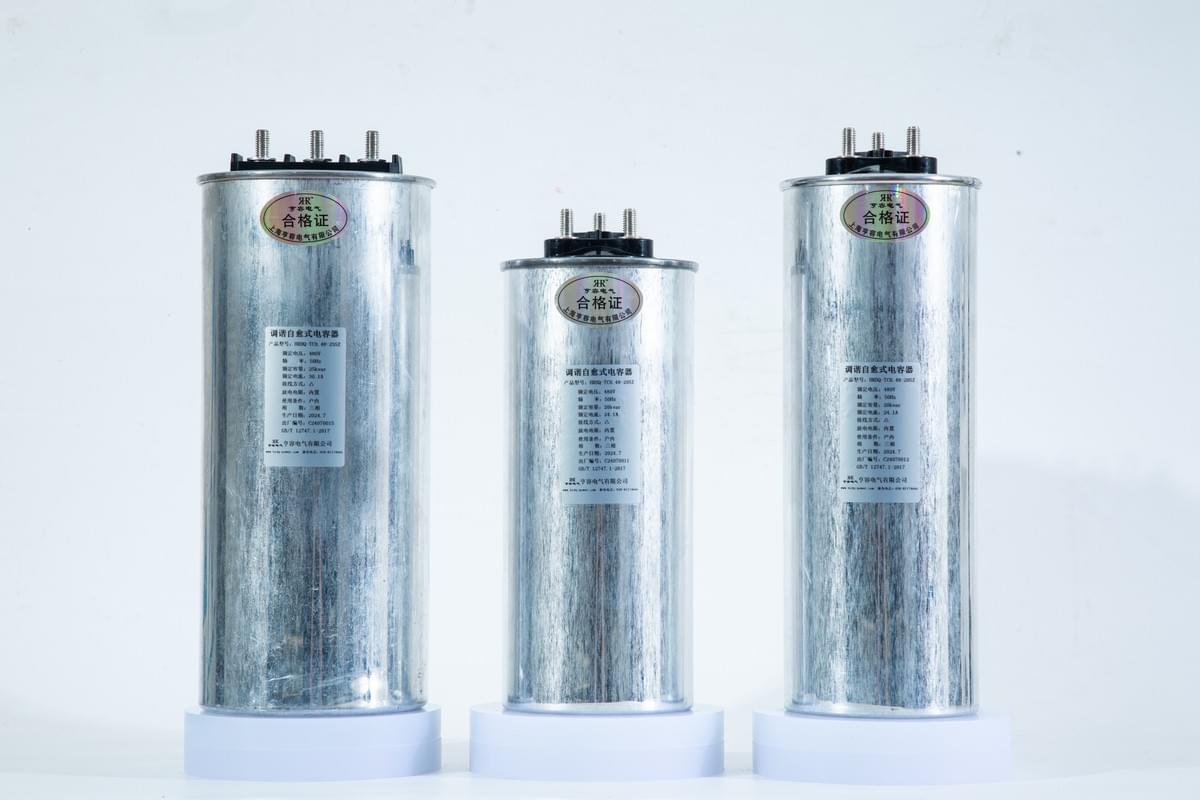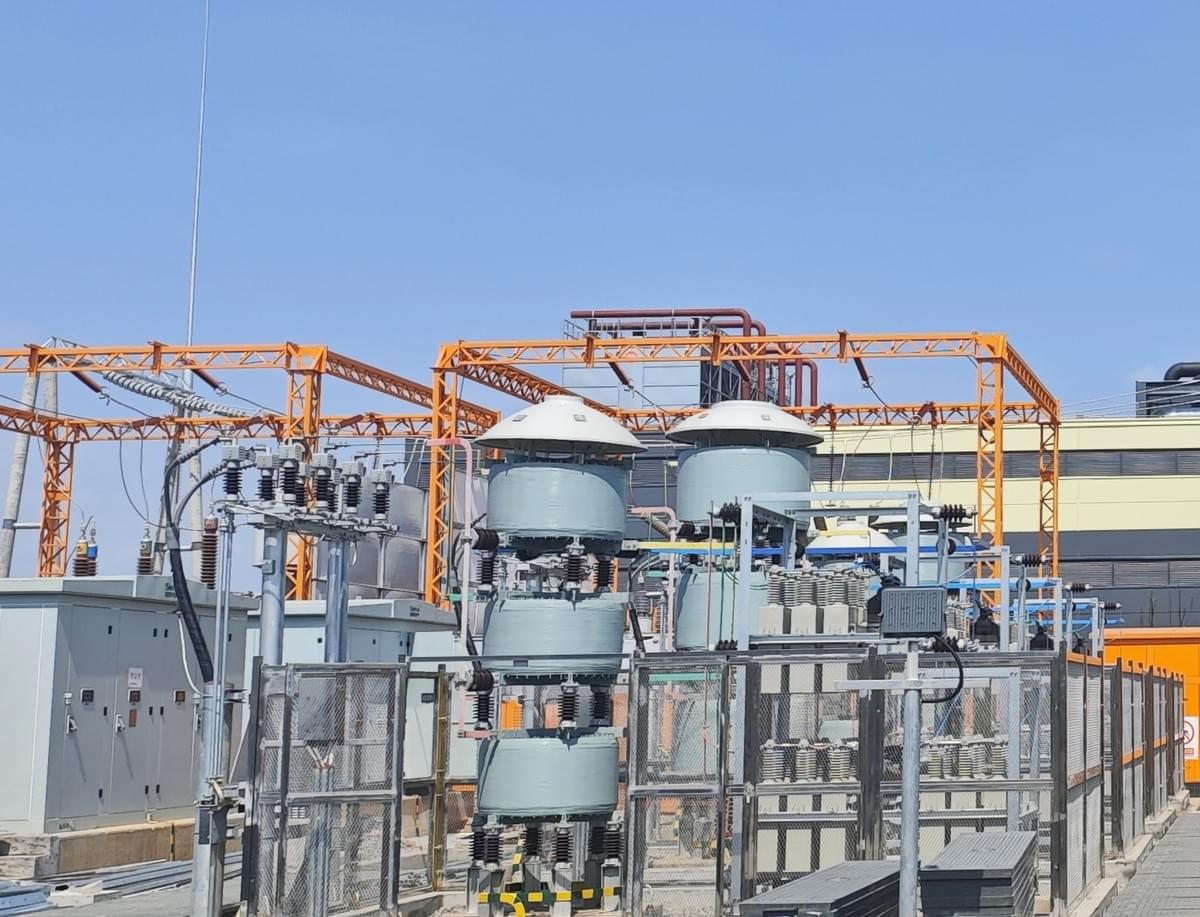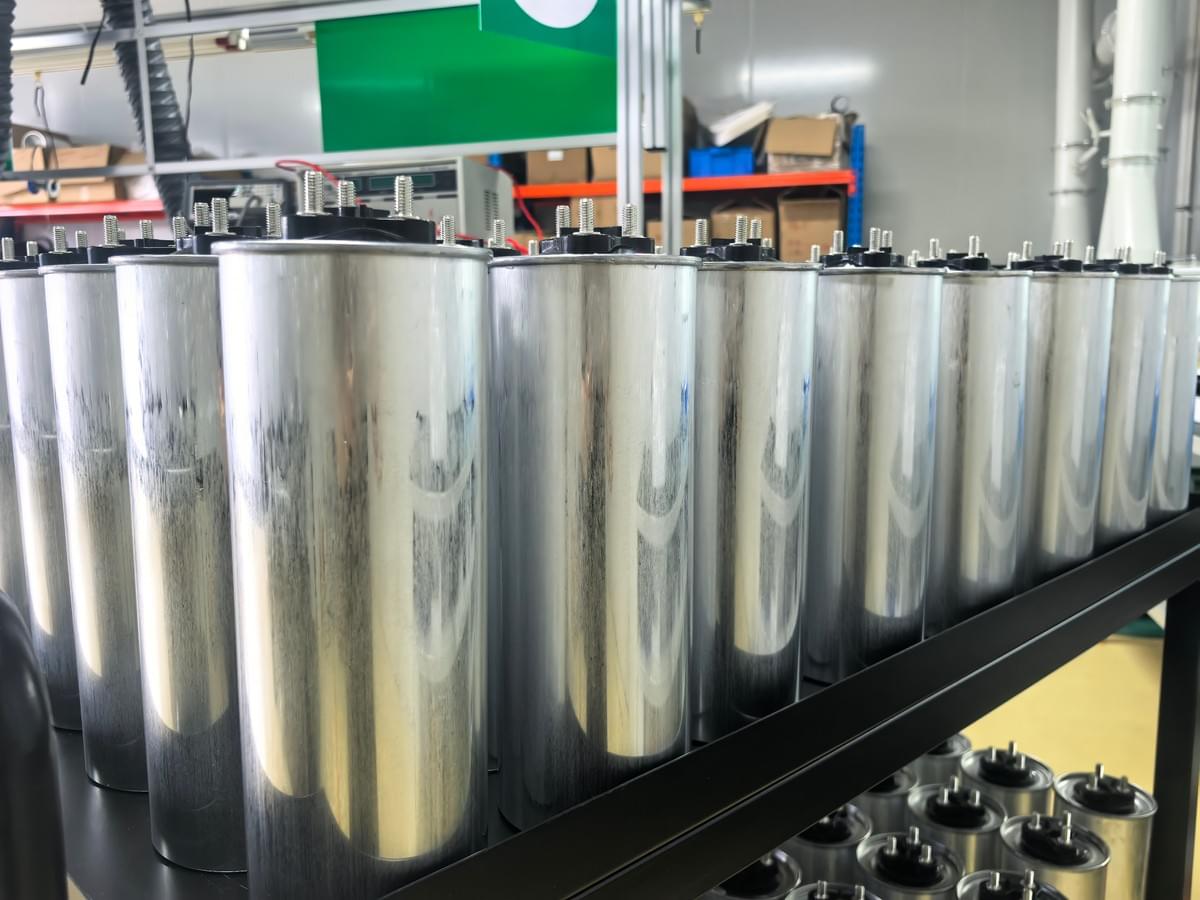In the power industry, capacitors have become an indispensable energy-saving device. Especially low-voltage capacitors, as an important means of reactive power compensation, are widely used in all kinds of power distribution systems. Whether in industrial enterprises, broadcasting facilities, or public utilities, capacitors play a critical role in improving power factor, reducing energy consumption, and ensuring the stable operation of the power grid.
This article provides an in-depth look at the operation principles, application value, and maintenance essentials of low-voltage capacitors, helping enterprises better understand and use capacitors.
Why Power Systems Cannot Do Without Capacitors

In distribution systems, reactive power is a common issue that leads to wasted energy, increased line losses, and higher electricity costs. This is where capacitor installations provide an effective solution.
Key reasons to use capacitors include:
- Improving power factor: Capacitors effectively compensate for reactive power, making the system more efficient.
- Reducing power losses: Lower line current and less heat dissipation.
- Economic operation: Low-voltage capacitors are simple, low-loss, and offer a high return on investment.
- Easy maintenance: Capacitors require relatively simple upkeep and have a long service life.
These advantages make capacitors the "energy-saving guardians" of modern power systems.
Scientific Operation of Low-Voltage Capacitor Installations

Rational Layout of Capacitors
In practice, low-voltage capacitors are usually installed on the 0.4kV bus side of the distribution system, combined with decentralized placement in multiple areas to minimize transformer and line losses. This setup meets current needs while allowing space for future expansion.
Switching Modes of Capacitors
The way capacitors are switched directly affects system performance.
- Automatic switching: Ideal for scenarios with fluctuating loads, such as air conditioning in summer or heating in winter.
- Manual switching: Suitable for stable load conditions, providing operational flexibility.
A combination of automatic and manual switching ensures maximum efficiency of capacitor operation.
Selecting Capacitor Capacity
- Precise calculation: Capacitor compensation capacity is determined based on the required power factor improvement.
- Estimation method: Capacitor capacity is generally set at 10%–30% of the transformer’s rated capacity.
Accurate capacity selection is crucial for ensuring effective compensation.
Positive Impact of Capacitors on Power Grids

Low-voltage capacitors are more than just devices; they are essential tools for improving power quality. Their main impacts include:
- Improving power factor and reducing line losses
Capacitors cut reactive current, significantly lowering power losses. - Reducing voltage drops
By stabilizing voltage levels, capacitors ensure a more reliable power supply. - Increasing supply capacity
With a higher power factor, the system can deliver more active power without additional infrastructure. - Reducing equipment investment
Capacitors reduce the need for oversized transformers and cables, saving costs.
Thus, installing low-voltage capacitors benefits both energy savings and financial performance.
Capacitor Maintenance and Common Fault Analysis

Daily Inspection of Capacitors
Routine inspection is vital for safe capacitor operation and includes:
- Monitor the operating voltage to ensure it does not exceed 1.1 times the rated value.
- Checking current meters and power factor readings.
- Verifying temperature, indicator lights, and overall conditions.
- Listening for unusual noises and checking for abnormal odors.
Common Capacitor Faults and Solutions
- Excessive current fluctuation: Often caused by harmonics; adjust capacitor capacity or wiring configuration.
- Low power factor not reaching set target: Recheck switching settings or adjust compensation value.
- Three-phase imbalance: Inspect system equipment and wiring to prevent capacitor overheating.
- Abnormal smell or noise: Shut down immediately and identify the cause before restarting.
Annual Maintenance of Capacitors
Annual maintenance tasks include cleaning dust, tightening connections, checking fuses, relays, and grounding systems, and ensuring adequate ventilation. These measures extend capacitor lifespan and reliability.
Precautions for Using Capacitors
When operating low-voltage capacitor installations, several precautions must be observed:
- Do not configure automatic reclosing for capacitor switching devices.
- Avoid frequent switching to reduce contactor wear.
- Wait several minutes after disconnection for capacitors to discharge before re-energizing.
- Install harmonic filters if necessary to keep harmonic levels within national standards.
These measures guarantee safe and efficient capacitor operation over the long term.
Capacitors Make Power More Efficient — A Strategic Choice for Enterprises

From a broader perspective, capacitor applications are not only auxiliary measures in power grid operation but also an important energy-saving strategy for enterprises. Installing and maintaining low-voltage capacitors helps businesses:
- Reduce electricity costs.
- Improve the efficiency of distribution equipment.
- Extend the lifespan of power systems.
- Enhance their green energy image in line with sustainability goals.
As smart grids and renewable energy continue to develop, capacitors will only grow in importance. For enterprises, scientific capacitor selection and meticulous maintenance not only improve power quality but also enhance competitiveness in the marketplace.
Conclusion
Capacitors, especially low-voltage capacitor installations, play a vital role in modern power systems. They improve power factor, reduce losses, enhance supply capacity, and optimize equipment utilization. Through proper operation, precise configuration, and standardized maintenance, capacitors continue to deliver both economic and social benefits.
For enterprises pursuing energy efficiency and sustainable growth, capacitors are indispensable partners on the road to green development.

At Hengrong Electrical, we understand that every detail in power control matters. From advanced product design to innovative filtering solutions, we are committed to delivering reliable, efficient, and future-ready technologies. By choosing Hengrong, you gain more than just products — you gain a trusted partner dedicated to helping your business achieve smarter, safer, and greener operations.
